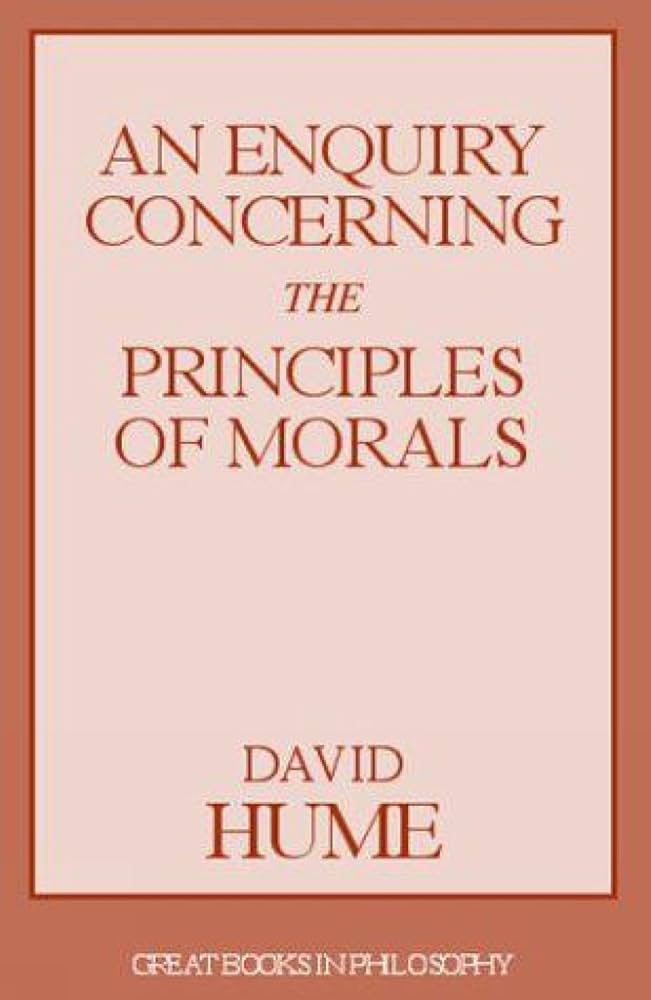The current political state in Israel in the recent years has been exceptionally tumultuous, even predating the deadly terrorist attack on Oct. 7 of last year that rekindled the flame of conflict, one which has defined the region for seventy years. The president of Israel, Benjamin Netanyahu had spurred mass protests in the summer of 2023 due to his curtailing of Judicial checks on his position, a move the protesters deemed a massive overreach and a step towards consolidating executive power. The turbulent nature of the country exponentially increased following the ambush at the Gaza border by Hamas militants in October. This tension fully developed throughout the expansion of the Israeli war effort as Israeli Defense Force soldiers entered Gaza with the aim of eradicating the group. As the conflict expands into Lebanon and exchanges of missiles with Iran ramp up, the future of the region is questionable. Publicity has exploded and news about Israel is a constant in the headlines, however, one subject has repeatedly been disregarded, that of the expansion of illegal Israeli settlements in the West Bank.

The history of the West Bank is exceptionally complex with intricacies spanning eighty years. The key aspect to understand is that the West Bank is a region which was to, along with the Gaza Strip, designated to become the Palestinian State. The split territory was intended to be entirely sovereign, governed by the local and displaced Palestinian population, the latter which had fled the expansion of the Israeli state. Conflict in 1967 led to the illegal seizure of both territories by the Israeli state. This established an occupying force which oversaw the governance of the region and curtailed the civil liberties of the resident populace. Through this occupation, illegal Israel settlements have been forming in the West Bank further displacing the native Palestinian population. Combined with the regular abuse of Palestinians in the area by occupying military forces, the settlements make up a broader attempt at seizing total Israeli control over the West Bank. Annexation would be exceptionally illegal although this has not stopped Israeli expansion in the past as the UN has condemned the actions while not intervening directly. This brings us to the present where the current political turmoil has given Israel enough political foliage to increase their colonial operation.
The newfound conflict has brought immense violence to the West Bank once again, ramping up civilian deaths and damages. The IDF has been engaging pro-Palestine terrorist and militant groups in the West Bank resulting in casualties to non-combatants in the area and a large amount of destroyed infrastructure. To an even worser degree, raids into Palestinian enclaves by Israeli settlers directly target civilians, the mob encompassing far right extremists citing the conflict with Hamas as justification for the assaults. The raids mark a record high for the region, assisted by Israeli state support and arms. The IDF and settler attacks both comprise a major source of Palestinian removal aided by the demolition of buildings in residential areas, giving new territory for Israeli settlement. Military operations by Israel often involve armored bulldozers which level civilian areas, buildings the Israeli state claims can be used to harbor terrorists. Zoning laws and criminal punishments are often used as justification for similar demolition of residential areas, something which has accelerated in recent years. This increase is consistent with the expansion of all aspects of colonial efforts, military and civilian raids, increased civil rights abuses and further destruction of buildings. Despite garnering outcry, the topic has largely been overshadowed by the ongoing genocidal actions in the Gaza Strip.
The Israel-Hamas war has been a significant point of contention for political discourse in the United States, as the nation has been a the almost sole source of military aid for Israel throughout the duration of the nation. The legitimacy and ethicality of Israeli military action in Gaza has once again called into question the role the US should play in Israel and the Middle East at large. Inaction has been standard for the government although mass protests across college campuses and abstinence from voting by activists have brought the conflict to the forefront of political discourse. This wave of awareness has caused many Americans to study and learn about the conflict at a deeper level. This understanding, however, does not extend to the West Bank.
When talking to students at Roswell High School, impassioned sentiments towards the ongoing conflict in Israel are not scarce. Interviewees were able to give a multi-faceted and nuanced opinion on the subject. These sentiments only extended as far as the subject of the West Bank cut the conversations short. For instance, one student who did not wish to be named stated “I don’t think [the Israeli military actions] are invalid because there is a hostage crisis” yet disagreed about the course of action saying, “there was an offer for the removal of the hostages”, this insight did not extend to the West Bank however as they knew little of the region. One student took a hardline stance that the continuation of the conflict at large was an “immature, tit for tat kind of thing” and that the US should not be involved. In response to questions about Gaza, they replied, “I truly don’t know” and further questioning ended.
As the Israeli presence in the West Bank expands and raids by settlers continue, the fate of the region is once again called into question. With Trumps return to the presidency, internal Israeli heads are already preparing to take a more aggressive role in seizing the region. Conflict continues to increase, and more civilian lives are lost as the media circuit fails to keep up with the growth of the conflict. This has left the West Bank out of most of the conversations surrounding peace in the broader region. The discussion centers on Gaza, excluding the struggle of those in surrounding areas facing the weight of territorial seizures.







